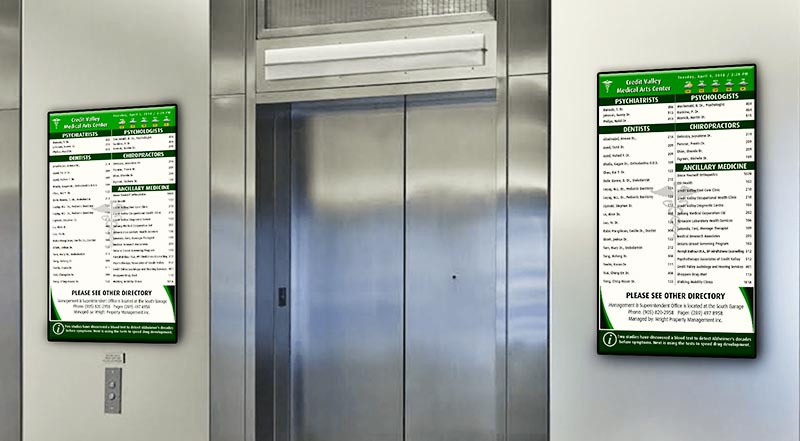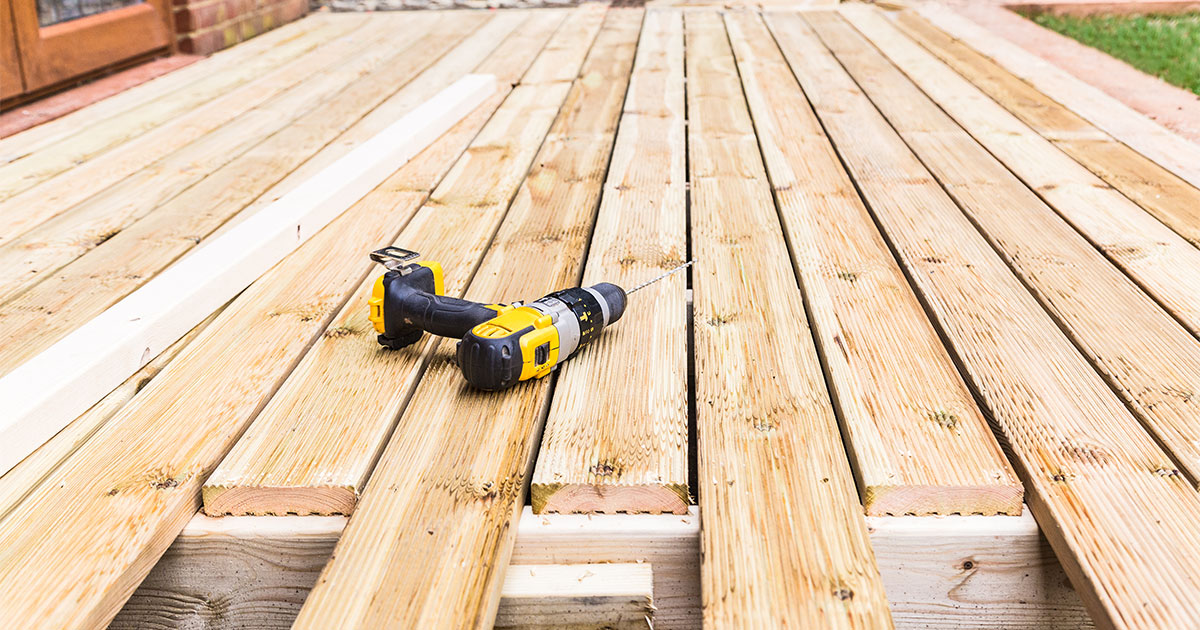
Men and women in the building trade are generally not schooled in the art of running a business, or in keeping records that will satisfy the IRS. But it’s not difficult, once you know how, and can be done in 30 minutes a month. These ten tax tips will help you get started.
Tax Tip #1: The IRS requires you to document your business income.
Open a bank account for your business and deposit all business income, both cash and checks, into that account. The bonus here is that you will never need to total income again; the bank supplies that figure each month as Total Deposits.
Tax Tip #2: You will pay less tax when you keep receipts for every business expense incurred.
For the self-employed person tracking expenses from receipts is quicker than any other method. If you do not get a receipt, make one, and total all expense receipts monthly. Pay all expenses from your business bank account or a credit card reserved exclusively for your business. If you pay in cash, note that on your receipt.
Tax Tip #3: You will fail a tax audit if you do not keep a proper mileage log.
For every two miles that you drive within your business you get to deduct over $1 from taxable income. But, if you fail to keep a mileage log this deduction will be disallowed. Keeping your log in the car will make it easier to track mileage; even a 2 mile trip is worth noting.
Tax Tip #4: Every tool you need for your business is deductible.
Every hammer, nail, paintbrush or other tool necessary for your business is a deductible expense. Tracking these expenses can reduce your tax bill and insure that you have the tools you need to earn top dollar.
Tax Tip #5: If your garage now stores your tools and equipment, instead of the family car and bicycles, you may be able to deduct it as a home office expense.
It’s not just an office that can be deducted under the home office expense category; you also get to deduct storage space used exclusively for business.
Tax Tip #6: All barter income must be reported.
Example: A roofer trades his work to a builder who installs his new kitchen cabinets. Both must report this trade as income; the value reported is what they would have charged for those services.
Tax Tip #7: Items purchased to complete a job can be deducted immediately; items purchased for inventory are deducted as sold.
Example: If a carpenter buys wood for a job it can deducted in the year purchased, but if he buys wood to build toy boxes to take to the local flea market he may have inventory expenses. The cost involved in making inventory must be carried into the next year and is not deducted until those boxes are gone.
Tax Tip #8: No matter how good your tax professional is, if you don’t provide all of the necessary information and figures, your tax return will be wrong.
It’s up to you to total your income, expenses, mileage and other costs. Arrive with a detailed list of expenses and a list of questions. A good tax preparer will answer your questions and help you to learn more about keeping records for the IRS.
Tax Tip #9: Without receipts, you will fail an IRS audit.
Box or bag your tax receipts, and keep those records for a minimum of 3 years from filing; tax returns should be kept for a minimum of 10 years.
Tax Tip #10: Recordkeeping does not have to be complicated or involve computer software; a simple method is best for those not skilled in bookkeeping.
Using monthly bank statements for total income and actual receipts to total expenses is quick; with this method most self-employed people can do their monthly bookkeeping in 30 minutes or less.







